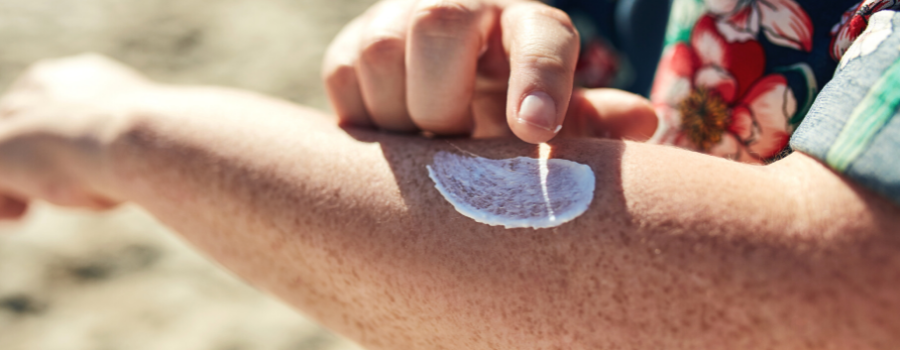Four Steps To Understanding Free Radical Damage
Protecting your skin.

Written by Dr. Tina Alster
Free radicals are unstable molecules searching for electrons to stabilize themselves. The cells in our skin provide the perfect target for these free radicals to “steal” electrons, causing our cells to then mutate. When a mutated cell replicates, a copy of the mutation is created which can worsen skin conditions like hyperpigmentation and melanoma. This is the basis of free radical damage.
Where do free radicals come from? Free radicals can be generated internally within metabolic processes such as hormone fluctuations and emotional stress or can be produced externally from environmental factors such as cigarette smoke, air pollutants, industrial chemicals, and ultraviolet light from the sun.

Why would we want to avoid free radicals? What are some of their potential negative effects? Free radicals can have drastically negative effects if never treated. Beyond being a precursor to skin cancer and malignant melanoma (which can be fatal), free radicals are also a major cause of premature skin aging. While wearing a daily SPF is the first line of defense against free radical damage, incorporating a topical antioxidant into your daily skincare routine can help scavenge free radicals and lead to healthier skin.
How do antioxidants work against free radicals? Antioxidants work with our skin cells by providing the electron for which the free radical molecule is searching. Once the free radical is stabilized, it no longer hunts for the electron and our skin cells are protected from mutation and thereby able to continue replicating healthy, normal skin cells.
To put it simply - antioxidants neutralize free radicals by blocking the mutation of healthy cells.
What are some other ways to reduce free radicals? It’s critically important to use a sunscreen with an SPF rating of 30 or higher to prevent free radicals from ever forming in the skin, but a daily antioxidant serum can also help to protect and restore skin, especially after sun exposure in the Summer months. It’s also important to avoid chemical air fresheners and house cleaning supplies as well as cigarette smoke and other air pollutants that abound in large metropolitan areas.
I recommend mineral powder sunscreen because it's lightweight and makes reapplication more realistic. Many people avoid daily SPF because it can tend to clog pores and leave you smelling like a day at the beach. Mineral powder sunscreens are a great alternative.





